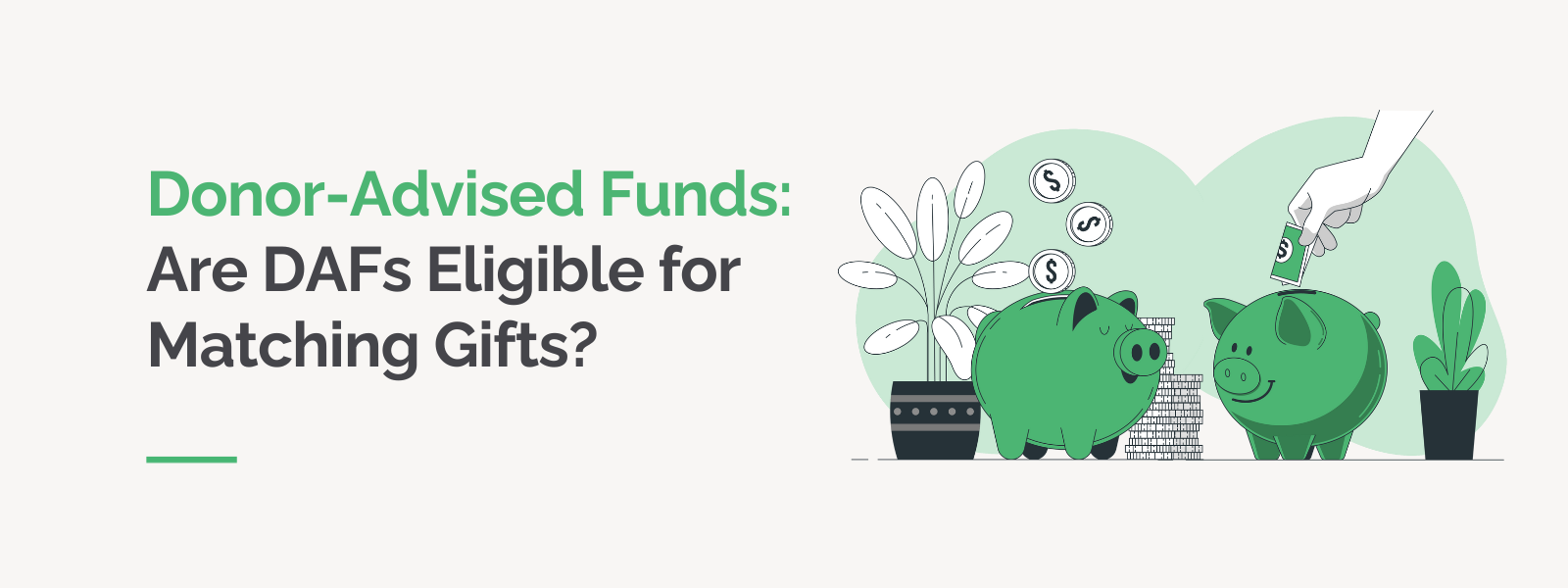Tag Archive for: Carmax
 https://doublethedonation.com/wp-content/uploads/2013/08/DTD_Donor-Advised-Funds-Are-DAFs-Eligible-for-Matching-Gifts_Feature.png
600
1600
Adam Weinger
https://doublethedonation.com/wp-content/uploads/2025/11/DTD-horizontal-logo-300x63.png
Adam Weinger2025-09-16 01:12:312025-11-20 15:20:18Donor-Advised Funds: Are DAFs Eligible for Matching Gifts?
https://doublethedonation.com/wp-content/uploads/2013/08/DTD_Donor-Advised-Funds-Are-DAFs-Eligible-for-Matching-Gifts_Feature.png
600
1600
Adam Weinger
https://doublethedonation.com/wp-content/uploads/2025/11/DTD-horizontal-logo-300x63.png
Adam Weinger2025-09-16 01:12:312025-11-20 15:20:18Donor-Advised Funds: Are DAFs Eligible for Matching Gifts?
